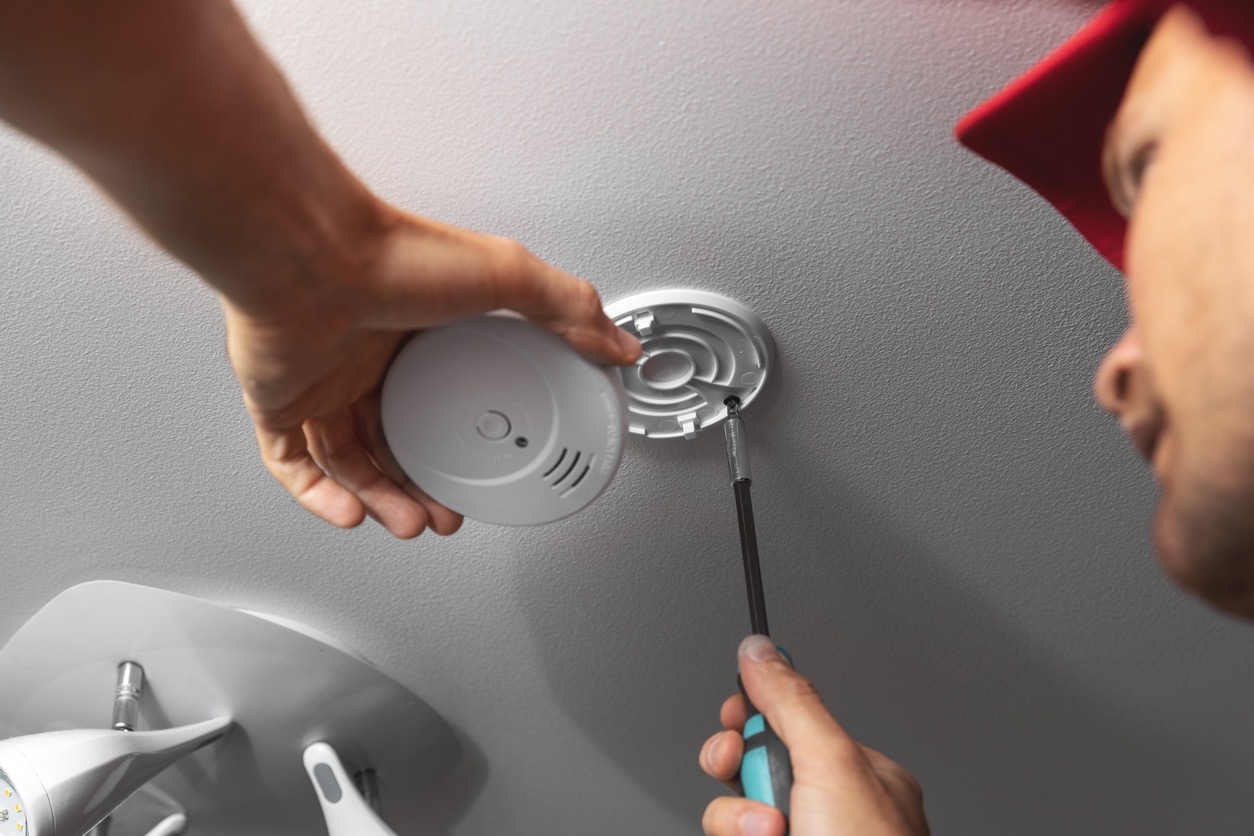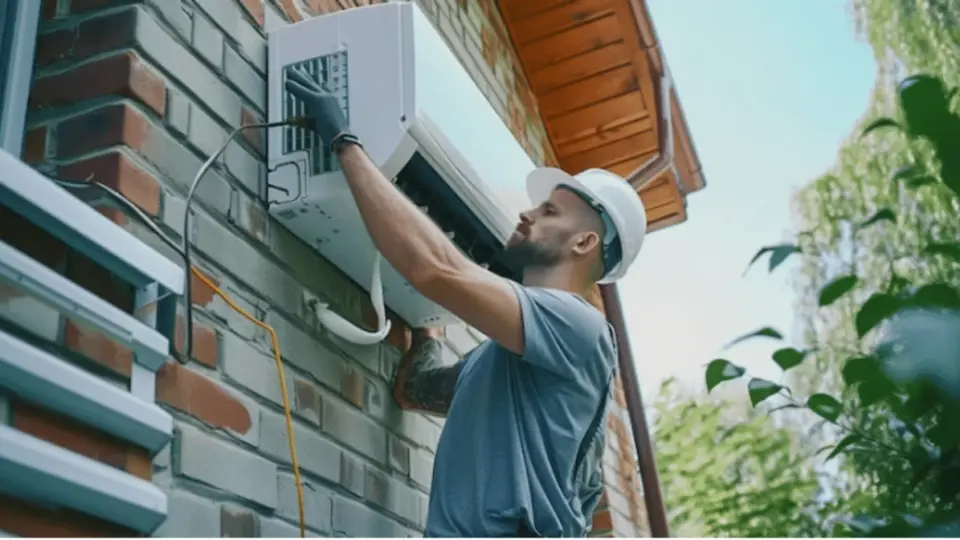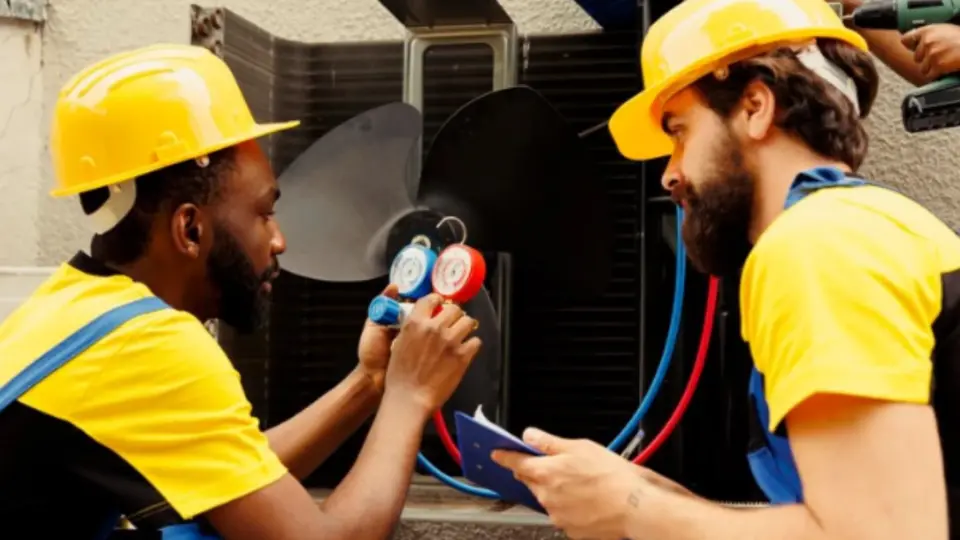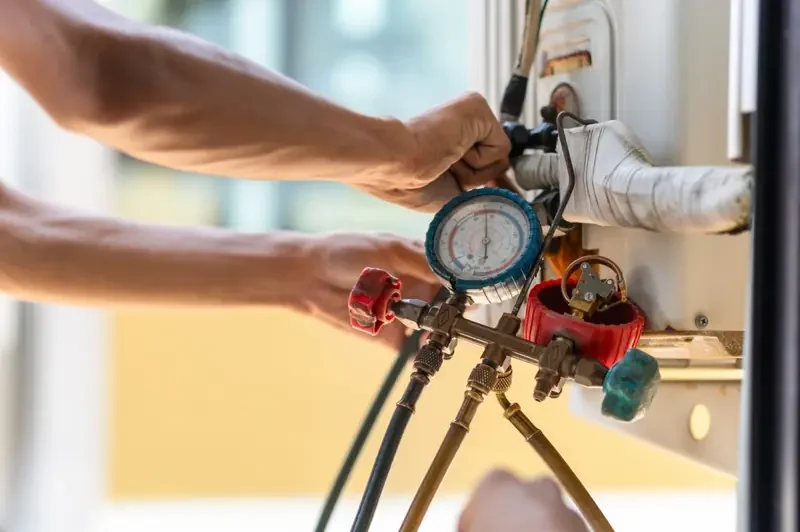When it comes to air conditioning in hot, humid climates, a well-designed system can make all the difference. Southern temperatures can push your AC to its limits, so having an efficient system isn’t just a luxury—it’s a necessity. The right design takes into account everything from energy efficiency to proper sizing and insulation.
A well-thought-out system not only keeps you cool but also saves you money in the long run. It’s all about making sure your AC works smarter, not harder, to handle those sweltering summer days.
How Does Climate Affect Air Conditioning System Design?
The climate in the South is characterized by hot summers, mild winters, and, above all, high humidity levels. These climate factors play a significant role in how air conditioning systems are designed. Unlike other regions that may face dry heat, Southern states like Florida, Texas, Louisiana, and Georgia have temperatures that can soar into the 90s and even 100s, but with the added challenge of humidity.
1. Cooling Capacity for Extreme Heat
The intense heat of the South means that air conditioning units need to have a higher cooling capacity compared to areas with milder climates. This is measured in BTUs (British Thermal Units), and for a Southern home, it’s essential that the system is designed to handle the peak cooling load during the hottest months.
2. Humidity Control
While it’s important to cool the air, it’s just as critical to remove the moisture in the air. Southern climates have high humidity levels, and an effective air conditioning system should be designed not just to lower the temperature but to manage the moisture content in the air as well. This means choosing the right equipment and ensuring it’s capable of handling both the heat and the humidity.
3. Energy Efficiency
Because air conditioners are used so frequently in the South, it’s important to design systems that are energy-efficient. Systems should be able to cool large spaces quickly while using less energy, which reduces utility bills and minimizes environmental impact.
Why is Humidity Control Important in Southern AC Systems?
Humidity is a significant factor in the Southern climate. The excess moisture in the air doesn’t just make you feel sticky and uncomfortable, but it can also impact the performance of your air conditioning system. An effective AC system in the South is not just about temperature control, but also about dehumidifying the air to create a more comfortable indoor environment.
1. Preventing Mold and Mildew
Excess humidity in the air leads to the growth of mold and mildew, which can cause serious damage to your home and health problems for those living inside. Without proper humidity control, your AC system will become a breeding ground for these harmful organisms. A well-designed Southern AC system includes features that help remove moisture, keeping your indoor air quality clean and healthy.
2. Improved Comfort
The comfort factor cannot be overstated in the South. Humidity can make the heat feel even more oppressive. If your air conditioning system is capable of dehumidifying, you can achieve a cooler, more comfortable indoor environment even when temperatures are high. A well-balanced humidity level inside can also help you feel cooler at a higher temperature setting, saving you money on your cooling bills.
3. Energy Efficiency
Dehumidification also plays a role in energy efficiency. When the air is more humid, your body feels warmer, prompting you to lower the thermostat to achieve a comfortable temperature. By controlling humidity levels, you can maintain a more consistent indoor temperature, reducing the strain on your AC system and lowering your energy consumption.
What Role Does Insulation Play in AC Efficiency in Hot Regions?
In any climate, insulation plays a critical role in maintaining indoor comfort and improving energy efficiency. In Southern climates, insulation is particularly important because the cooling system has to combat both the heat from the outside and the moisture in the air. Proper insulation helps regulate temperatures by preventing cool air from escaping and hot air from entering.
1. Reducing Cooling Load
Good insulation in the walls, attic, floors, and ducts can significantly reduce the amount of work your AC system has to do. It acts as a barrier to outdoor heat, ensuring that the cool air produced by your air conditioning system stays inside where it’s needed. Without proper insulation, your AC will struggle to maintain a consistent temperature, leading to increased energy consumption and higher cooling costs.
2. Preventing Heat Gain
One of the biggest challenges in the South is managing heat gain from the sun. Insulation helps prevent this by creating a barrier between the hot outdoor air and the cool indoor environment. Reflective barriers, such as radiant barrier insulation, are especially effective in the South because they reflect the sun’s heat away from the house, reducing the overall cooling load.
3. Air Sealing
Air sealing, which is part of proper insulation, is equally important. Leaky ducts or gaps in windows and doors allow warm air to infiltrate your home, making it harder for your AC to do its job. Sealing these leaks ensures that the cool air stays inside, making your system work more efficiently and reducing your energy bills.
4. Controlling Humidity
Proper insulation also helps control humidity. Insulation in the attic and walls can prevent moisture from entering the living spaces, reducing the risk of mold growth and helping to maintain a more comfortable indoor environment. By controlling moisture, your AC system won’t have to work as hard to remove humidity, allowing it to focus on cooling the air.
How Does System Sizing Impact Cooling Performance in The South?
Sizing your air conditioning system correctly is one of the most crucial elements in ensuring it performs efficiently in a hot climate. A system that’s too small won’t cool your home properly, while one that’s too large will waste energy and lead to other inefficiencies. Proper system sizing is essential to both performance and energy savings.
1. Over-Sized Systems
It may seem like a larger system would be better for beating the heat, but a system that’s too large for your home will cool the air too quickly, leading to short cycling. Short cycling occurs when the system turns on and off frequently, which prevents the air from being properly dehumidified. This leads to uncomfortable, muggy air inside and higher energy bills. Additionally, over-sized systems consume more energy than necessary, making them less efficient.
2. Under-Sized Systems
On the other hand, an under-sized system will have to work harder to cool your home, and it will struggle to keep up with the heat. This leads to an increased risk of breakdowns, reduced efficiency, and higher energy bills. When your system is undersized, it will have to run for longer periods, constantly battling the heat and humidity.
3. Accurate Load Calculation
A properly sized AC unit is determined through an accurate calculation of your home’s cooling load. Factors such as square footage, ceiling height, insulation levels, window size, and even the number of occupants in the house are taken into consideration. A professional HVAC technician can perform a Manual J load calculation to determine the exact size your system needs to be for optimal performance.
4. Efficient Zoning
In addition to sizing, zoning systems can help improve efficiency in larger homes. Zoning allows different areas of your home to be cooled independently, which means that you don’t have to waste energy cooling rooms that aren’t in use. This is especially beneficial in homes with multiple floors or rooms that receive varying amounts of sunlight.
Designing an efficient AC system for Southern climates requires a balance of factors that go beyond just cooling the air. Humidity control, proper insulation, accurate system sizing, and managing heat gain are all critical components that contribute to an efficient system. By focusing on these elements, homeowners in the South can enjoy comfortable, cool indoor spaces without breaking the bank on energy bills.
When designing an AC system for a Southern climate, it’s important to work with experienced HVAC professionals who understand the unique challenges of the region. With the right system, you’ll stay cool, comfortable, and efficient all summer long!
Get Ready for the Heat with Elite Air & Heat LLC – Your Columbia AC Experts
Don’t let the Southern heat catch you off guard this season! At Elite Air & Heat LLC in Columbia, we specialize in designing and maintaining efficient air conditioning systems tailored for our local climate. From precise system sizing to expert humidity control and insulation solutions, our team ensures your AC runs smoothly, efficiently, and cost-effectively all year long.
Whether you’re in need of a system upgrade or a seasonal tune-up, we’re here to keep you comfortable and cool. With our expert knowledge and personalized service, you’ll be ready to take on the hottest summer days with ease. Call us now or schedule an appointment online to get started! Let us keep you cool—without the hassle!





